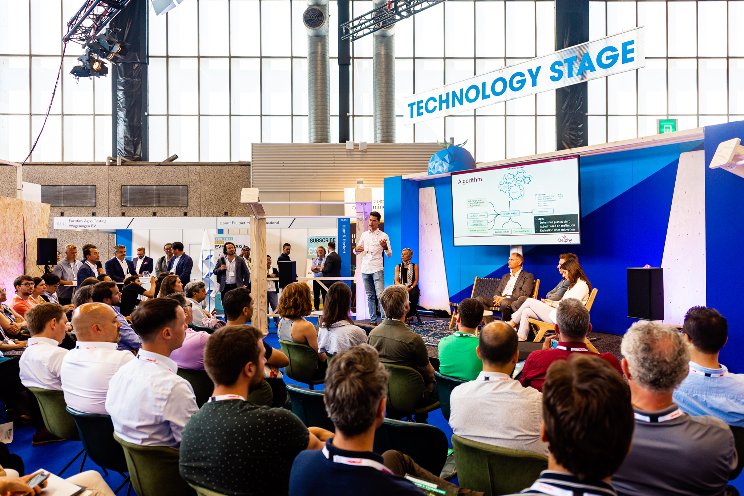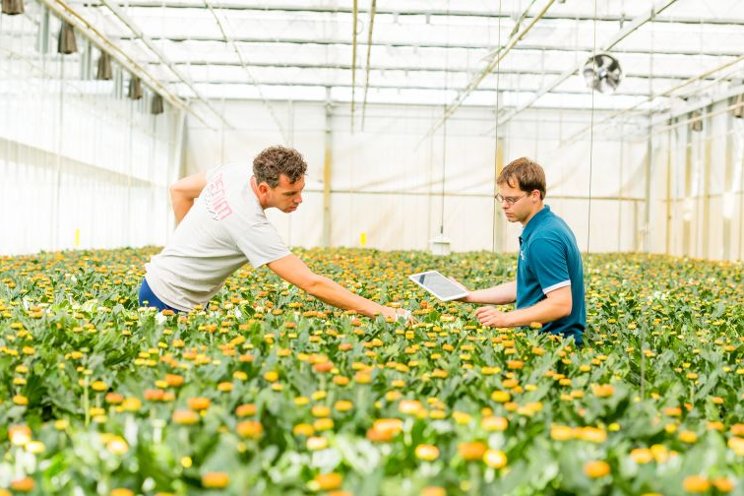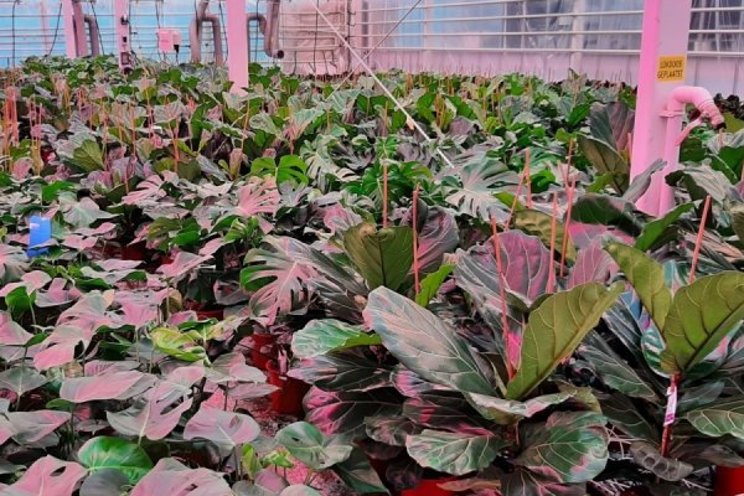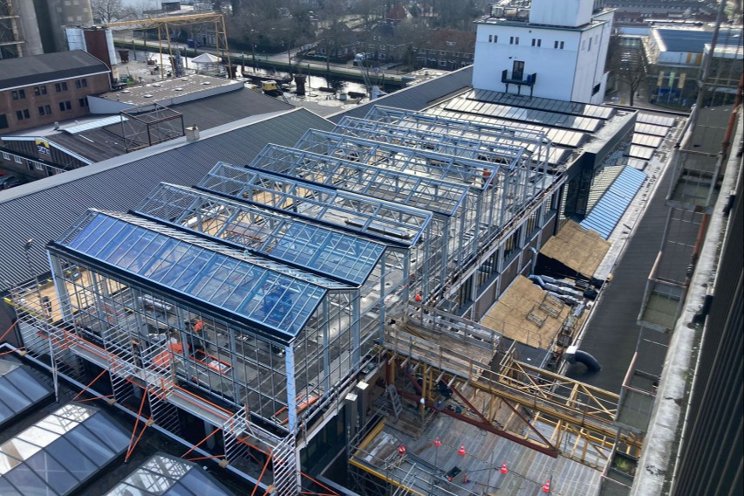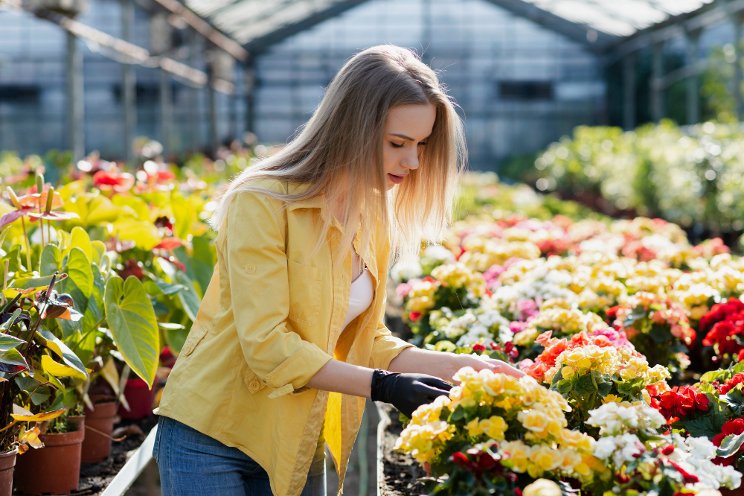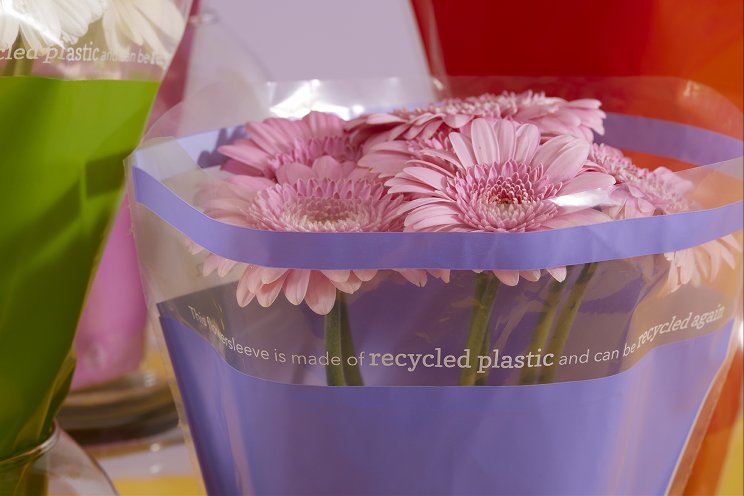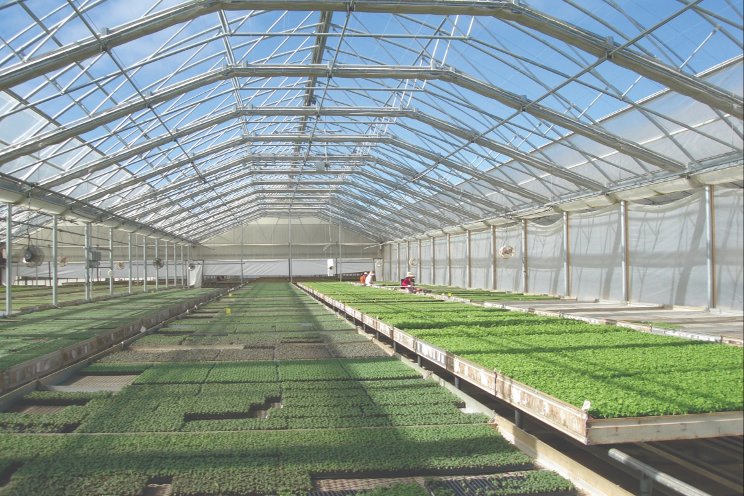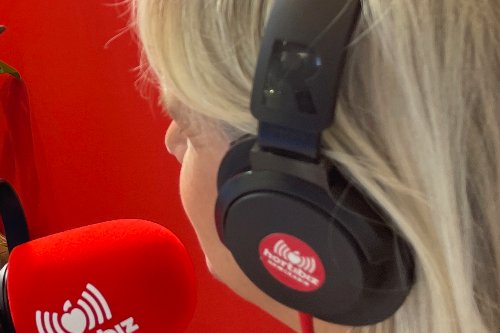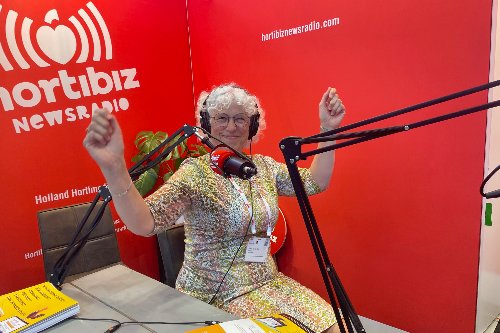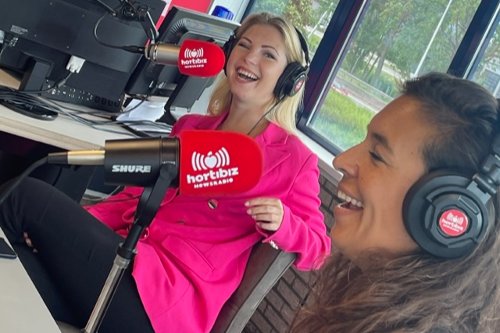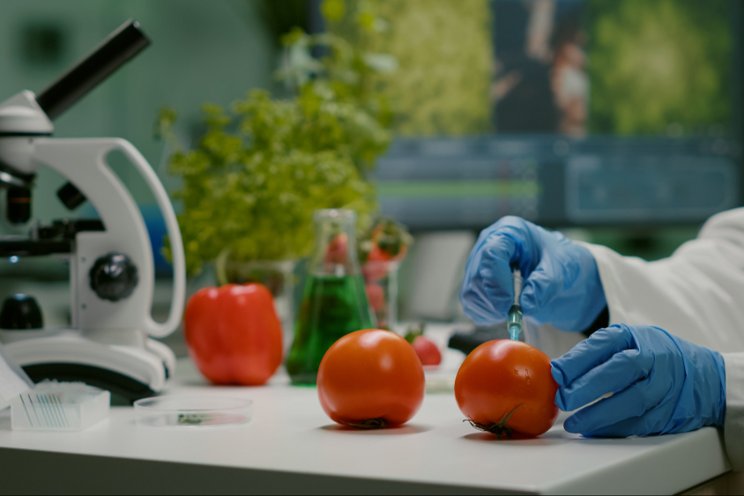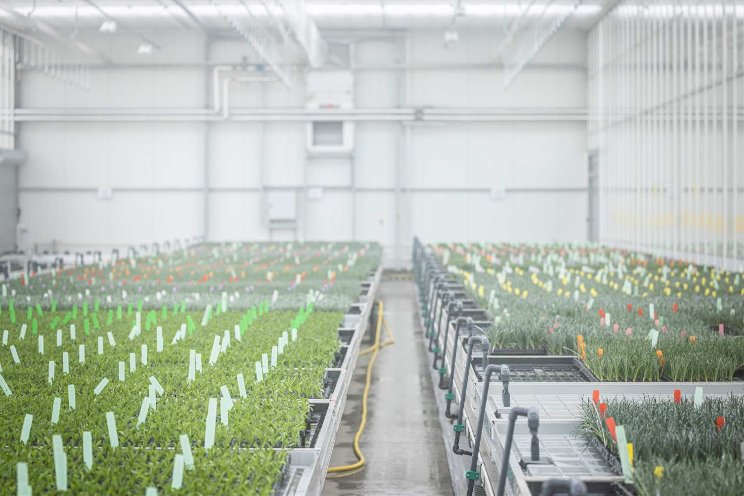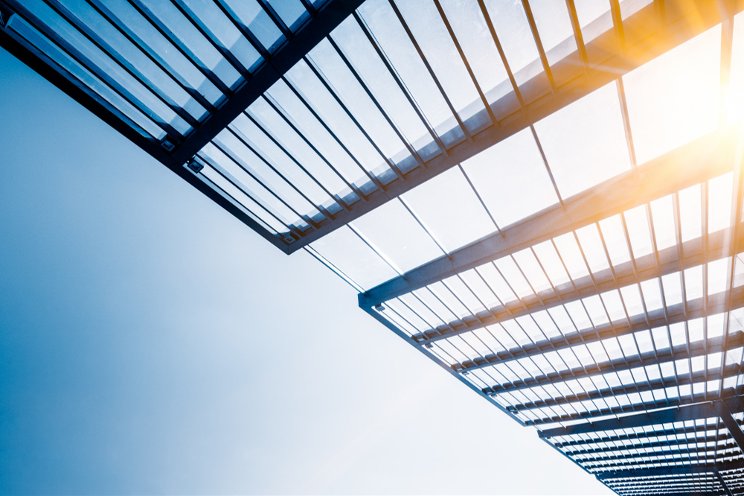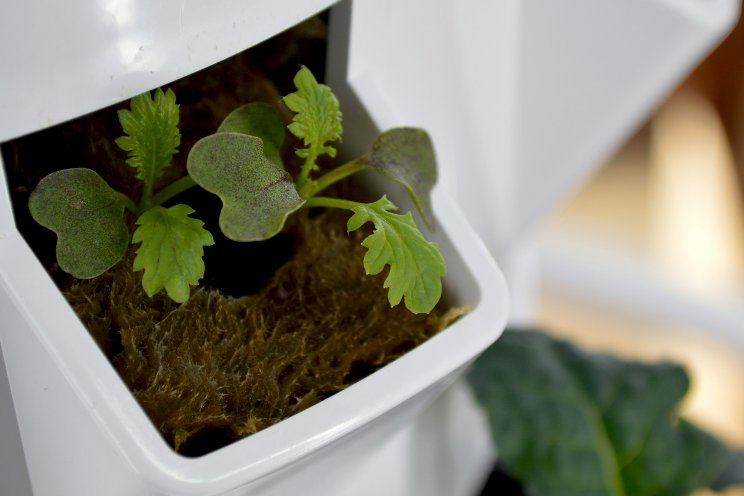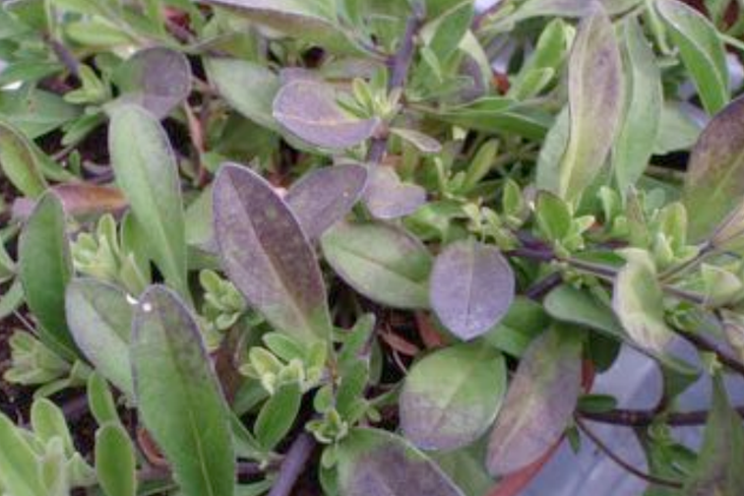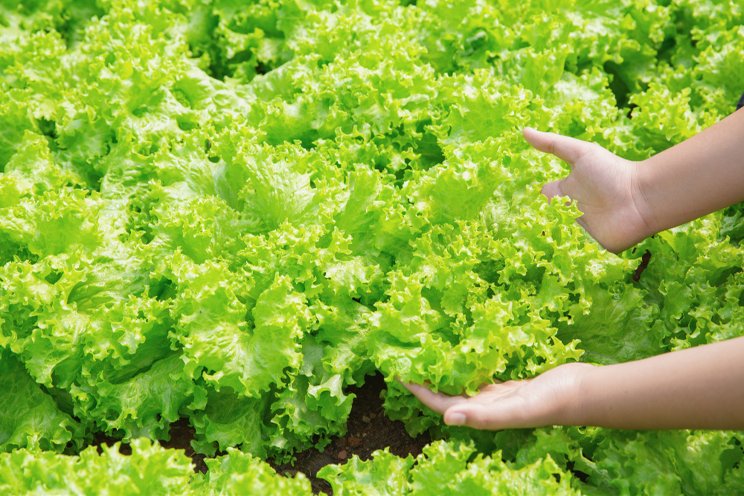Grodan customer to build the world's biggest vertical farm
Added on 04 October 2021
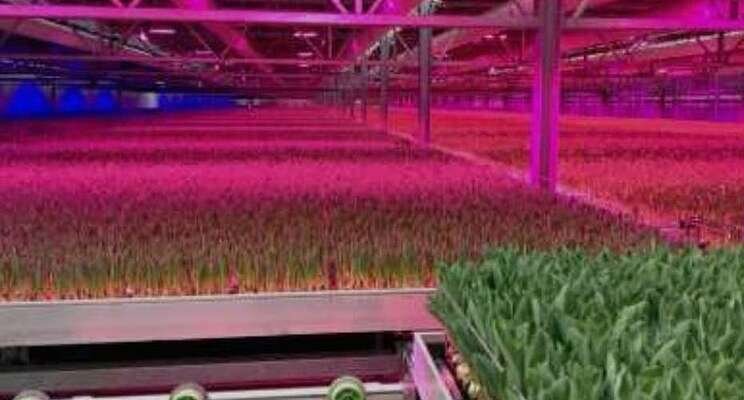
Grahame Dunling is a fourth-generation grower with over 40 years of horticultural experience. In fact, he is also known as 'Mr Salad' because, as one of his peers once said, "What he doesn't know about salads isn't worth knowing!". Having helped his parents out with their market garden business as a youngster, he started his own greenhouse company immediately after leaving college. He later moved into consultancy and advised on projects all over the world. An assignment for the Royal Family in Bahrain in 2013 led to him staying in the Middle East for seven years - first as a consultant who successfully transformed the fortunes of the ailing Peninsula Farms, and subsequently as CEO of Uns Hydroponic Farms, the first and still the biggest operational warehouse vertical indoor farm in Dubai.
Grahame recently moved back to the UK to work on an exciting new venture together with his son, Matthew. In December 2020, they launched the company Worldwide Local Salads (WWLS) to produce premium salads with a focus on quality and flavour. Grahame clearly knows how to create flavoursome salads, because he was made honorary member of the Chefs Guild in the Middle East for his salad mixes. "As WWLS, we are not aiming at discounters, but rather at high-end retailers whose customers appreciate quality and are prepared to pay a little more for something really special," he explains.
The salad vegetables will be produced in vertical farms. "The industry is going through a change," continues Grahame. "Vertical farming is attracting huge investment, but most companies don't have commercial horticultural knowledge. Our strength lies in our ability to transfer our existing knowledge from the high-tech greenhouse sector to the indoor vertical farm sector while taking account of the differences. In effect, in a greenhouse you're always 'fighting' the elements using techniques such as heating, cooling and shading, whereas in a vertical farm or 'warehouse' it's about controlling the elements."
This means managing the microclimate with the utmost precision. "A vertical farm can have more humidity problems than a greenhouse due to the higher plant density, but we've been working with sensors since the mid-70s and have adapted them especially for this purpose. We have even developed our own brand of LEDs with their own unique spectrum. This allows us to grow all crops, which will be mainly baby-leaf and whole-head lettuces, but also tomatoes, cucumbers, chilis, capsicums or strawberries, using the same approach and the same machinery - including the same LEDs," says Grahame.

The growing medium is another important factor in this system. "As an inert material, stone wool is clean and hygienic. It takes soil - and therefore the chance of contamination through soilborne or root-borne diseases - out of the equation," he states. Grahame has been working with Grodan as his exclusive supplier of stone wool growing media since the late 1980s: "We trialled various suppliers, but we got better plant health and performance from Grodan. We use different sizes of plugs and cubes for different crops, but no other plugs match the capillary action and flow we've seen in Grodan's products."
Besides that, Grahame is very satisfied with the support he receives from Grodan: "It's not just a matter of them taking our order once a year. Their experts regularly advise us on crop strategies, such as watering and feed regimes. Besides that, I'm always innovating, and they are very accommodating; we're continually working together to further develop their existing products to suit my needs. For example, we're currently in the process of making a minor adjustment to their existing plugs that will further optimize the germination results and crop quality in our automated system. The team at Grodan have been very quick off the mark to explore how they can help me out with this. That's what sets them apart - not just excellent products, but also excellent service."
Corporate social responsibility (CSR) is an important pillar for WWLS and the company is involved in a number of local community initiatives. "We have a strong desire to 'give something back' and are keen to support good causes as close to the source as possible, such as by planting trees or donating food," comments Grahame. "Vertical farms are an excellent fit with CSR because they can provide local communities with a reliable supply of fresh and healthy food, anywhere in the world and in any climate - as I know from experience. In the Middle East, they're operational in 50-degree heat, for example."
"The next step in our new venture is to build the first WWLS vertical farm in the UK. When it opens in less than a year from now, it will be the start of what we aim to do, which is to build the biggest warehouse vertical farming company in the world - so we're embarking on a worldwide project. We also intend to make our farms fully sustainable - including using solar and wind power solutions, and wastewater collection and recirculation systems."
In that context, Grodan is a perfect fit with WWLS. It is the only stone wool supplier to obtain the EU Ecolabel for environmental excellence throughout the entire product lifecycle, from raw material extraction and production through to distribution and disposal. "Grodan have also assured me that they will arrange a collection service so that all the used plugs can be recycled, which is very important to us within our concept," adds Grahame.
As he mentioned, the UK farm is just the start for WWLS. Over the next few years, the company plans to build a network of units and evolve into first a nationwide chain and then an international chain of vertical farms all based on the same hydroponic growing system. "We aim to be in all major UK cities by 2023 and to start expanding elsewhere in world - such as the USA and the Middle East - from 2024 onwards," he states. "Thanks to the size and dependability of Grodan, I know that they will be able to support us in this expansion by taking care of the logistics and delivering the necessary products to the necessary locations worldwide to help keep everything running smoothly for us."
"We won't be licensing our vertical farm system. Instead, we will grow all the crops ourselves, all under the WWLS brand. That's the only way to guarantee that everything is done to our own top-class standards, and that's important so that, no matter where you are in the world, you know that the quality of our salads will always be equally high. You could say we want to become the Starbucks, Costa Coffee or Burger King of gourmet salad industry - and the world's our oyster!" Grahame concludes.
Source and Photo Courtesy of Grodan
Source: Grodan
More news
